The Concept of Scope in JavaScript
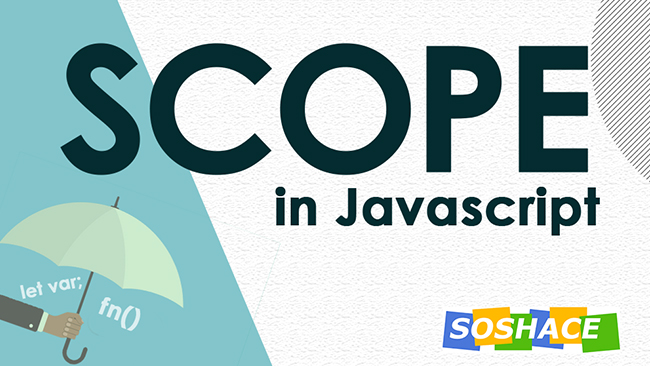
Scopes as used in many programming languages defines how accessible variables, functions or objects are. In this article, we'd get to understand how scopes are used in Javascript

Scopes as used in many programming languages defines how accessible variables, functions or objects are. In this article, we'd get to understand how scopes are used in Javascript

If you're looking at the conferences to attend in 2020, this is the full list for you (minus November/December 2020, because those have not been announced yet, so check it back later for those).

You probably already knew about this option when following the Apollo Docs, maybe you’ve even built apps with it. This article aims to give you a little taste of how to use GraphQL queries with an Apollo server to manage the state of your App.
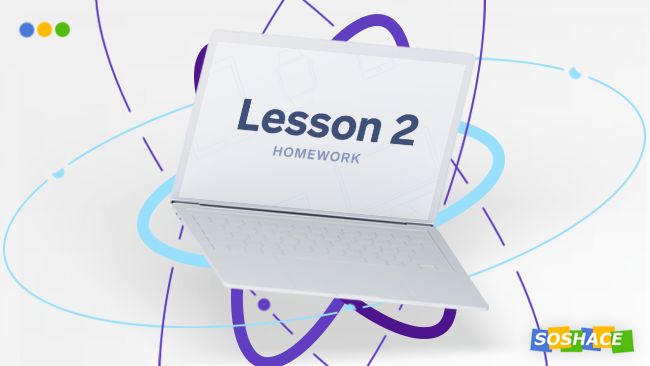
Let's check our home task. The main reason of using React lies in the ability to create components based on your functionality set, i.e. to divide the whole app into small independent parts.

In our first React lesson, we explore the importance of modern front-end frameworks and why we need to use them in the web development process.
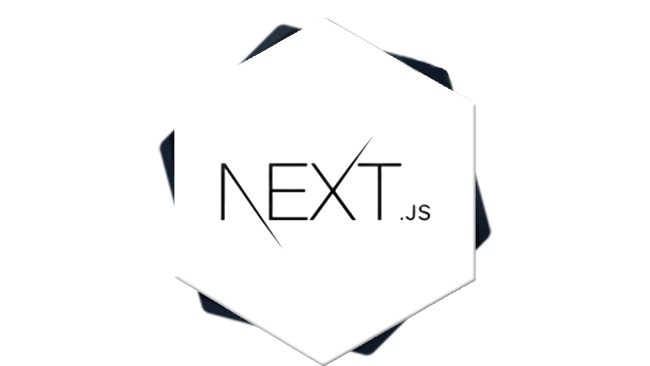
In this article, we’ll tackle one of those solutions, namely NextJS, cover the differences between NextJS and other available frameworks, answer some frequently asked questions about NextJS, as well as help you get started with this framework.
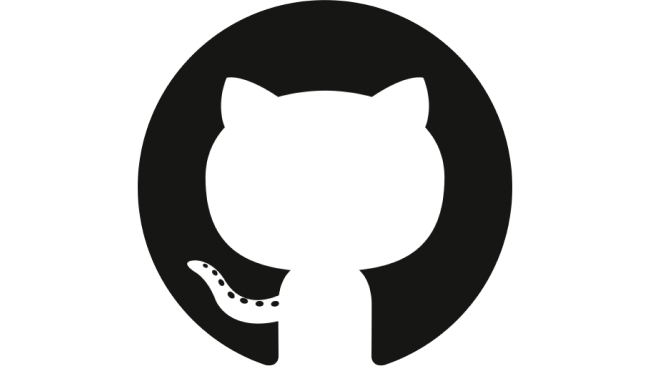
In the following blog post, we’ll cover the most popular GitHub JavaScript repositories as of October 2019.
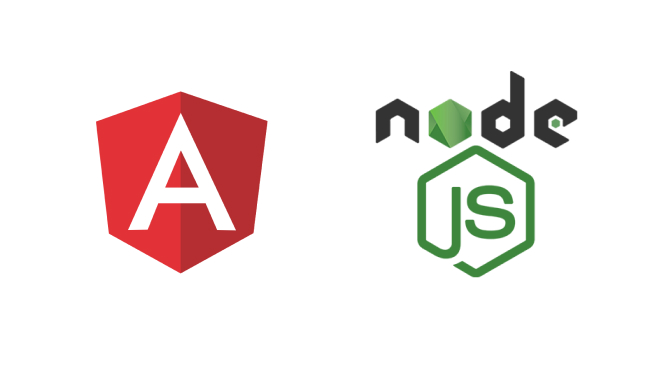
The article is about interfacing an Angular 8 Project with a secure backend API. The Backend will be running on Node.JS. The security that will underlay the interfacing will be JSON Web Tokens.
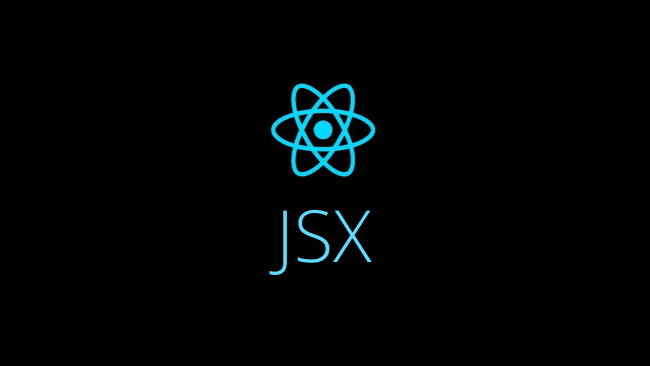
Let's talk about the JSX as opposed to HTML. We'll brush over the basics of JSX, overview the main differences between JSX and HTML, and finish with some frequently asked questions about particular issues often encountered when writing JSX.
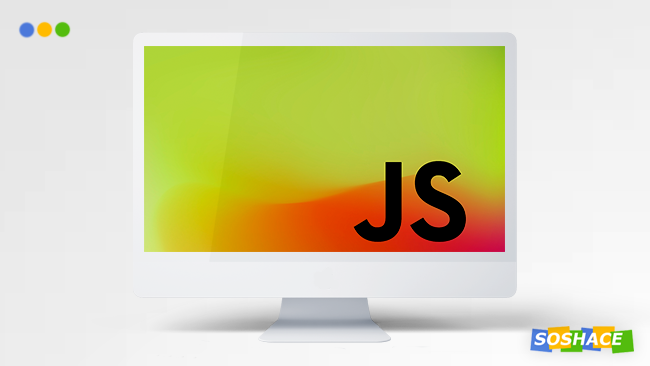
In this article, we’ll explore various methods and resources that can help you bootstrap the JavaScript learning process.